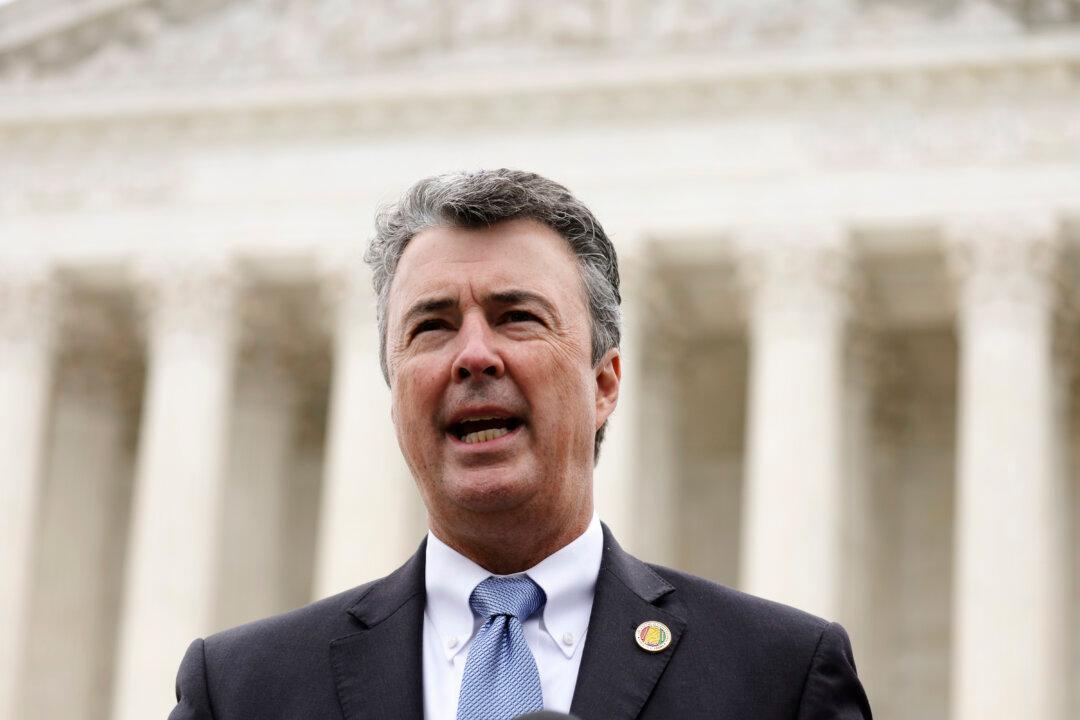A federal judge said May 6 that Alabama would be violating the Constitution if it prosecuted organizations seeking to help women obtain out-of-state abortions.
Two pro-abortion organizations—Yellowhammer Fund and West Alabama’s Women Center—are suing Attorney General Steve Marshall after he indicated during an interview that individuals could be prosecuted if they facilitate out-of-state abortions that are illegal in Alabama. The state has one of the most restrictive abortion laws in the country, making it a felony for anyone to perform an abortion absent a medical emergency.





